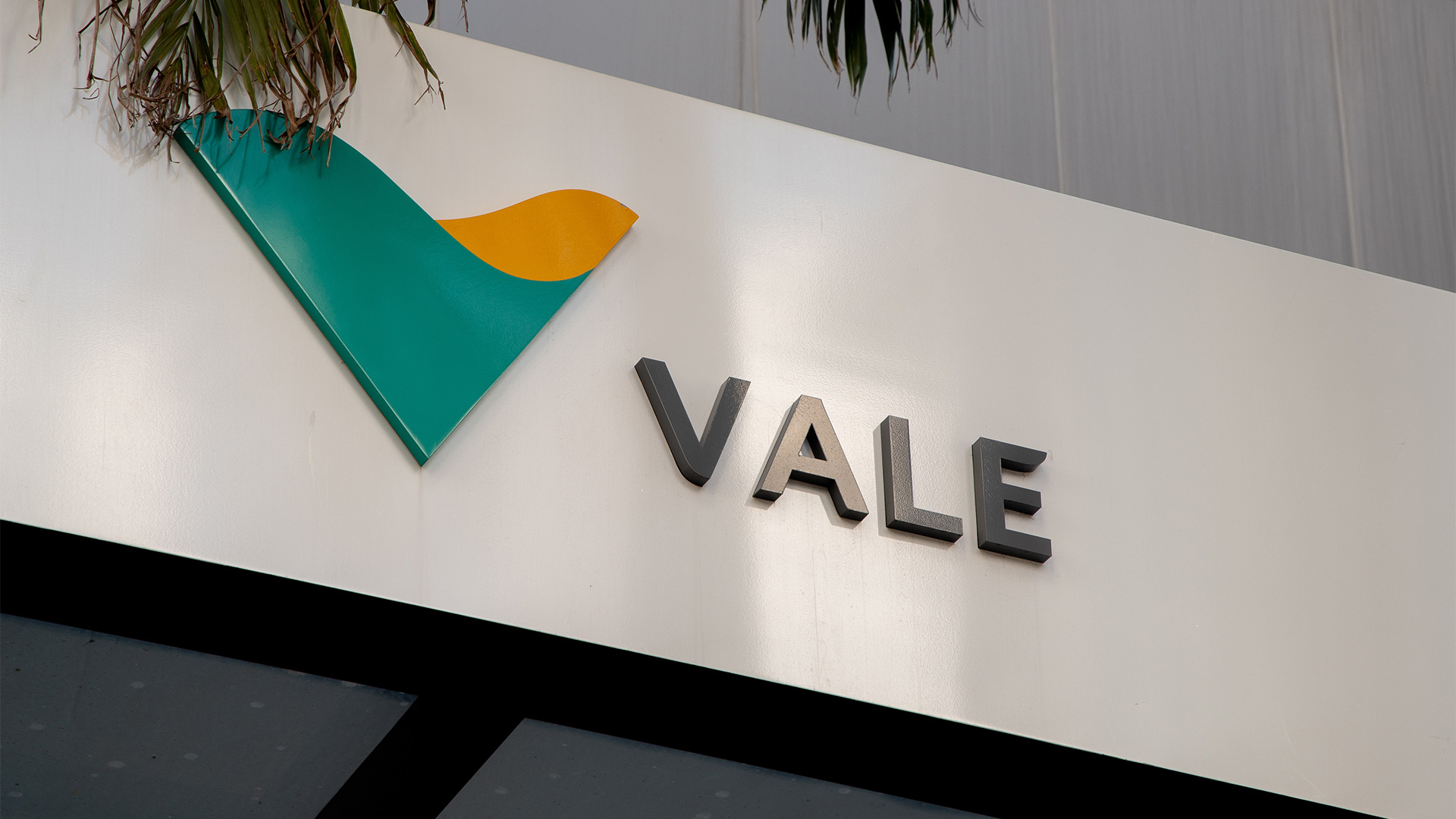Australia, home to the world's largest uranium resource, finds itself at a crossroads as it grapples with the question of whether to be a lifter or a leaner in the global pursuit of decarbonisation and energy security. With only approximately 8% of global uranium production, Australia's underperformance in this critical sector is largely attributed to state government policies, particularly in Western Australia (WA) and Queensland (QLD). These policies have come under scrutiny as the international community increasingly emphasises the need for cleaner energy sources and enhanced energy security.
Coalition Advocates for a Pro-Uranium Stance at COP28
During the recent COP28 conference, Federal opposition climate change and energy spokesman Ted O'Brien made a compelling argument, stating that "Australia has a moral obligation to provide the world with its uranium." O'Brien's assertion gains significance in light of the growing reliance of key trading partners and allies on insecure and sometimes weaponised energy sources. The question of whether Australia should leverage its vast uranium resources to support global decarbonisation efforts has become a topic of debate.
Global Support for Tripling Nuclear Power
Several nations, including the United States, the United Kingdom, Japan, and France, have recognised the crucial role of nuclear energy in achieving global net-zero greenhouse gas emissions by 2050 and mitigating climate change. This coalition of 28 signatories has pledged to work together to triple nuclear energy capacity globally by 2050. They are also encouraging international financial institutions to include nuclear energy in their lending policies. These developments put the spotlight on policies in Australia that limit uranium mining, which some view as incongruent with the global push for nuclear energy.
US House of Representatives Votes on Russian Uranium Sanctions
In a move that has gained bipartisan support, the Prohibiting Russian Uranium Imports Act is set to be considered by the US House of Representatives. This legislation, which requires a two-thirds majority to pass, seeks to ban the import of nuclear reactor fuel from Russia. If it passes the House, it may set the stage for similar legislation in the Senate, further emphasising the importance of secure and reliable sources of uranium.
Queensland State Election Looms in 2024
Queensland has been at the center of the uranium mining debate since the Palaszczuk government introduced policies in 2015 banning uranium mining in the state, despite no restrictions under the current Mineral Resources Act 1989. With a state election scheduled for the second half of 2024 and the recent announcement of the Premier's resignation, all eyes are on this event, which could potentially reshape the future of uranium mining in Queensland.
Poll Supports Uranium Mining in Western Australia
In Western Australia, uranium mining is governed under the Mining Act 1978, with uranium managed within mineral titles. In 2017, the WA Labor Government imposed a ban on future uranium mining leases, but approvals for four projects from the previous Liberal regime were to be honored if they achieved "substantial commencement" within five years. Only DYL-ASX's Mulga Rock project received the green light, while Wiluna, Kintyre, and Yeelirrie did not. Recent polling conducted by the Minerals Council of Australia in WA indicates that 49% of respondents support uranium mining, compared to just 16% who oppose it. Additionally, half of the respondents expressed support for the "further development" of uranium mining in WA.
Exploring Investment Opportunities
Within the realm of investment, companies like Paladin Energy (ASX:PDN) (149Mlb resource in QLD, 41Mlb resource in WA) and Deep Yellow (ASX:DYL) (123Mlb resource in WA) hold substantial uranium resources. Beyond this, companies such as Toro Energy (ASX:TOE), Laramide Resources (ASX:LAM), Cauldron Energy (ASX:CXU), and Elevate Uranium(ASX:EL8) also boast significant resources in these states, further highlighting the potential investment opportunities in Australia's uranium sector.
As Australia navigates the complexities of its uranium policies, it faces critical decisions that will shape its role in the global effort to combat climate change and bolster energy security. The delicate balance between decarbonisation and energy security remains at the forefront of national and international discussions, making the future of uranium mining in Australia a topic of global significance.














